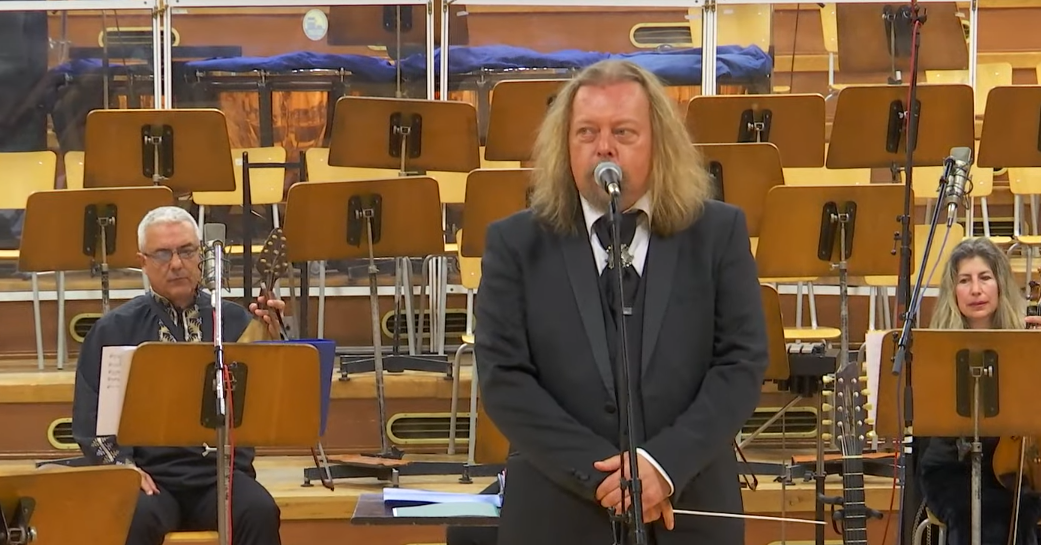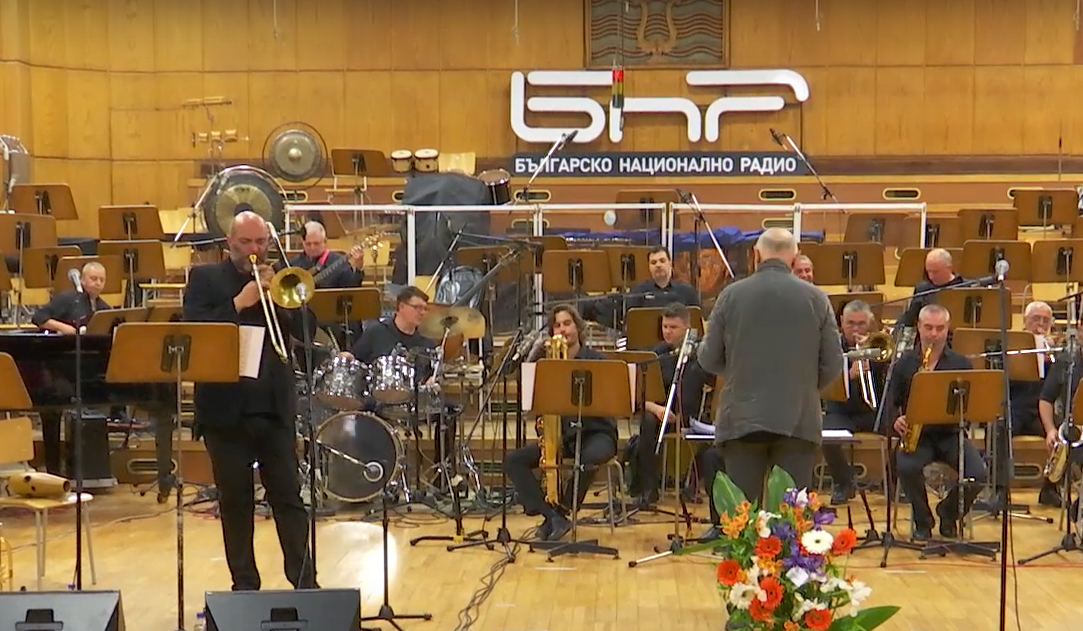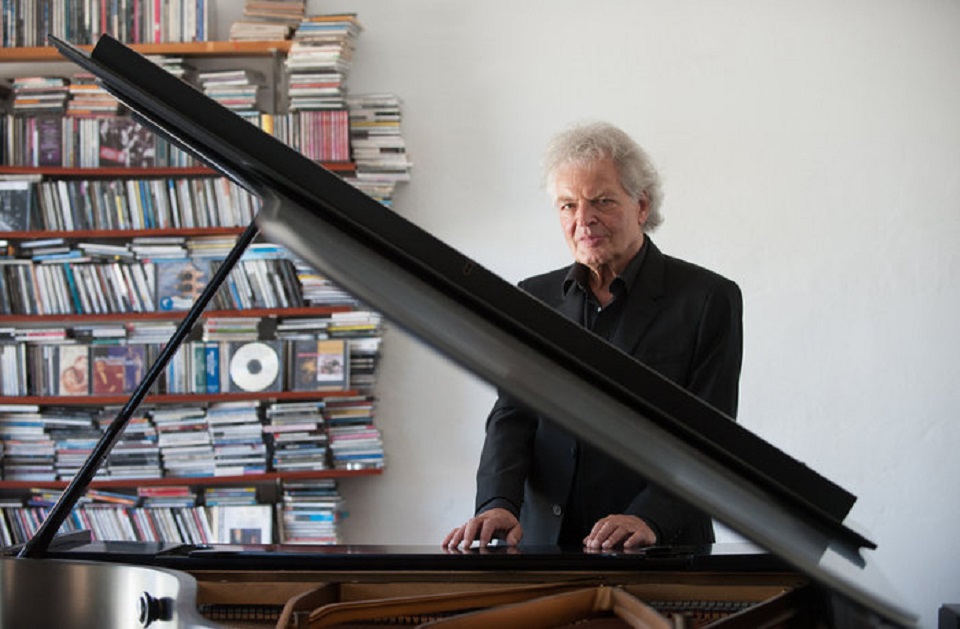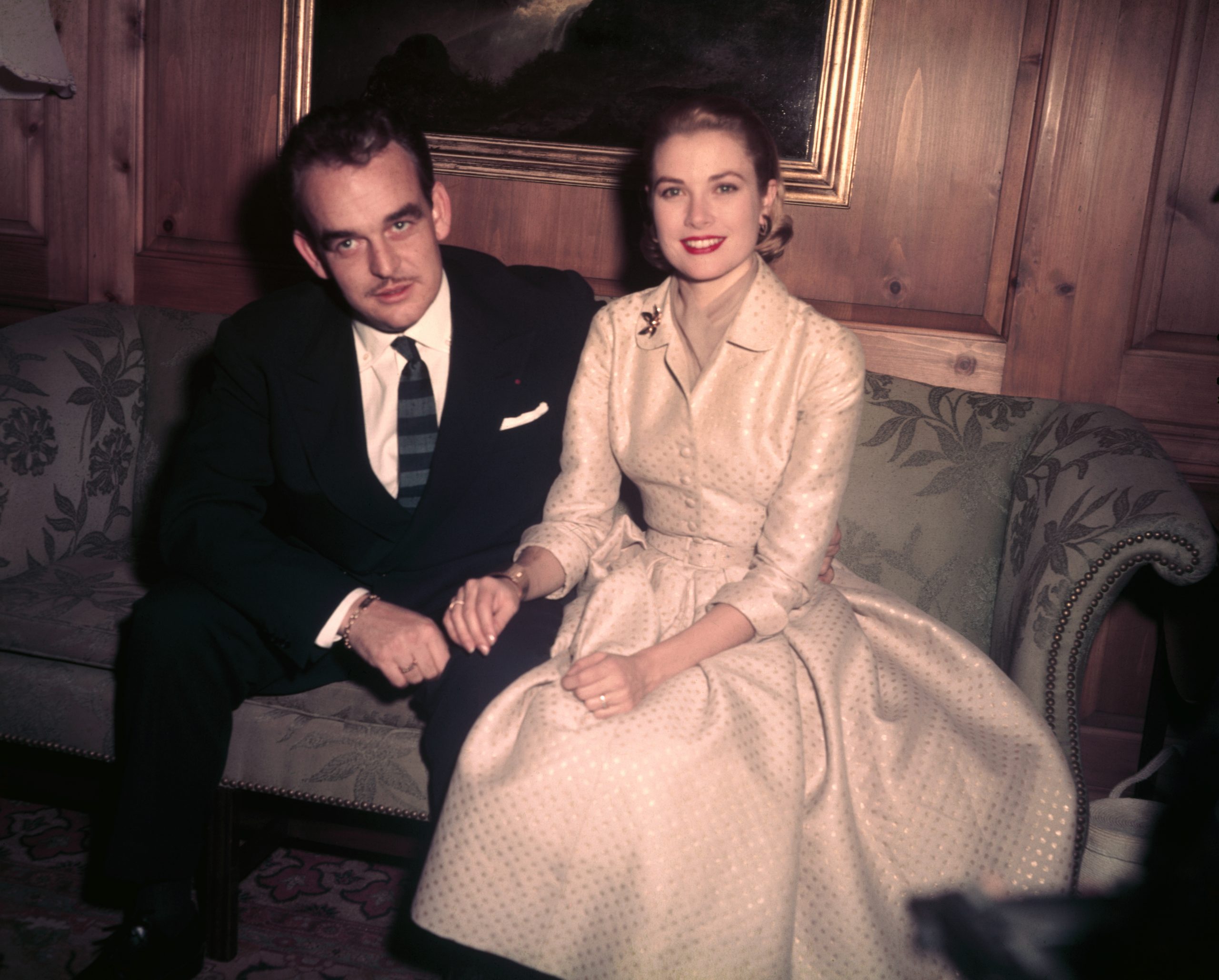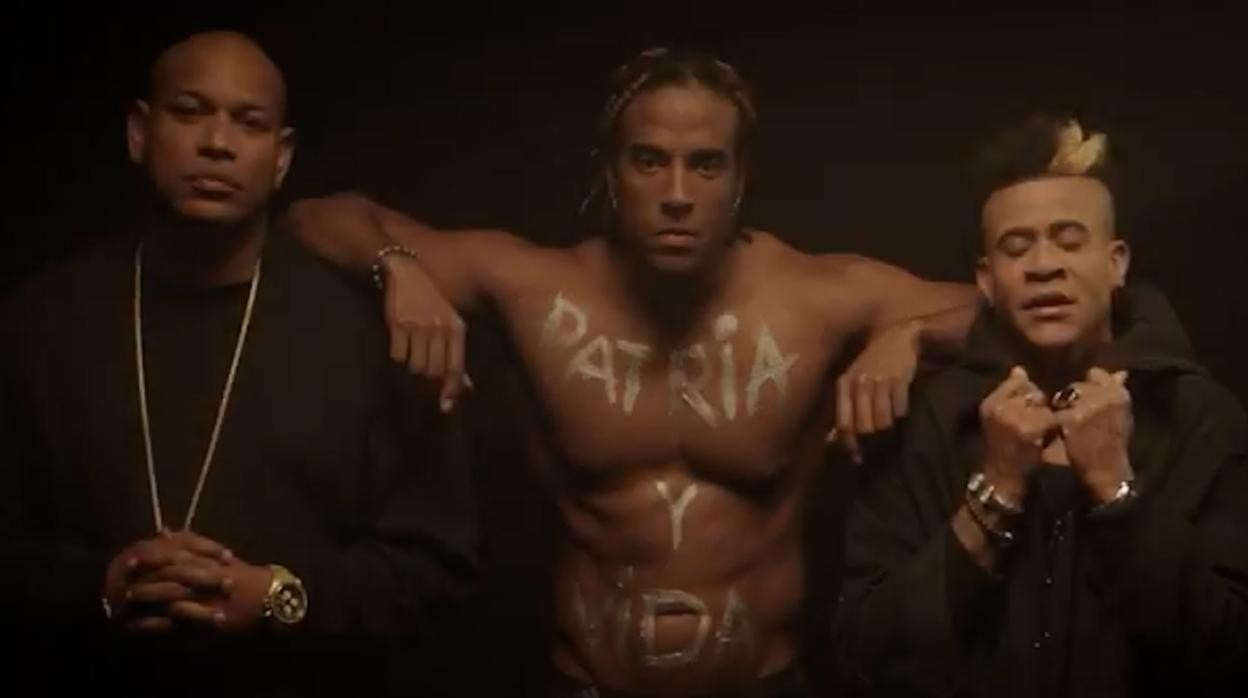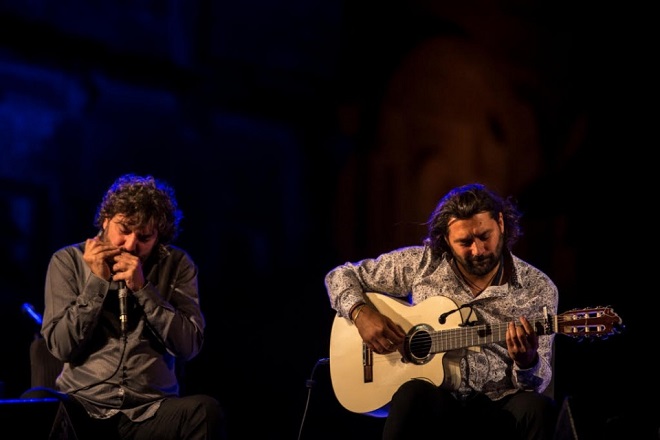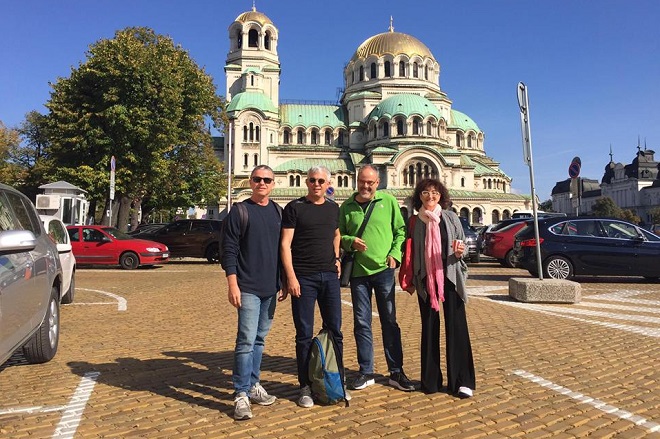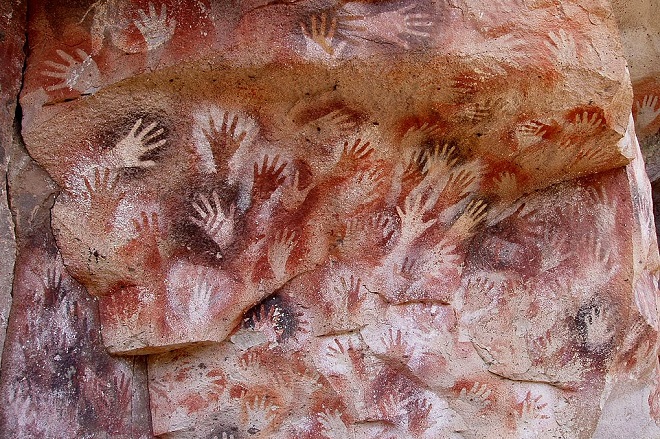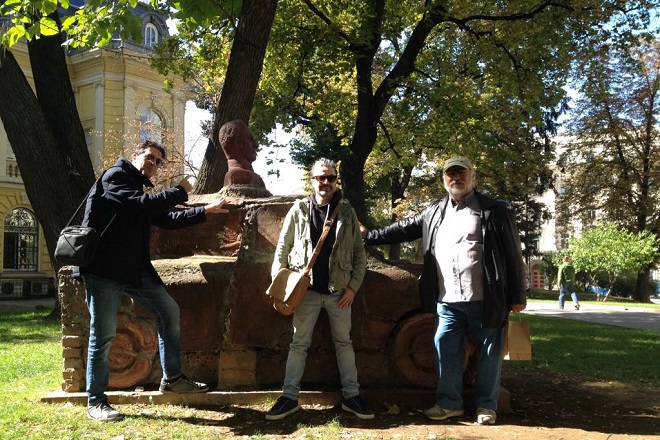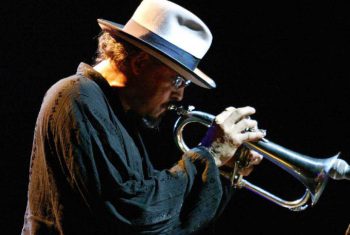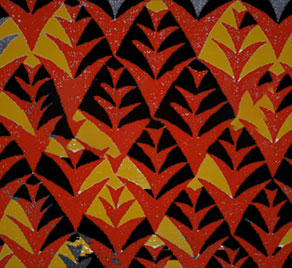Краят на постреволюционната утопия. Централноевропейска гледна точка.
Центърът за култура и дебат „Червената къща“ в партньорство с Eвропейската мрежа на дебатните центрове Time to Talk представят публична лекция на Павел Барша, преподавател по политическа философия в Карловия университет в Прага.
Има два прочита на съвременната криза в Централна Европа. Според единия от тях различни отрицателни явления като корупцията, ксенофобията и възхода на популизма могат да бъдат видени като манифестации на проваления изход от комунизма към обетованата земя на либералната демокрация.
Според втория ние вече сме стигнали до желаната дестинация. Кризата на нашия регион и на нашите страни (така наречените „Вишеградски страни“) е част от кризата на самата обетована земя. Следователно задачата ни вече не е в това да се справяме с останките от комунизма, а по-скоро с реалността на капитализма.
The end of a post-revolutionary utopia. A Central European view
At 18:30 EET on Wednesday the 9th November 2017, The Red House will close its mini-series on the revolutions of 1917 and 1989 with a discussion on the crisis of established politics in Central Europe.
Revolutions and their children
November is the month that is marked by two key historical events – the Bolshevik Revolution of 1917 and the Revolutions of 1989. What legacies do these revolutions have and what is the fate of their children? What is the place of the October Revolution in Putin’s Russia? What role have the Revolutions of 1989 played in the development of Eastern Europe as part of the European Union? These are just a few points of reference for the great debate about revolutions, counter-revolutions, conservative and postmodern revolutions in the framework of the bigger, enduring question: what is progress?
The end of a post-revolutionary utopia. A Central European view.
There are two readings of today’s crisis in Central Europe. According to one of them, various negative phenomena such as corruption, xenophobia and the rise of populism should be conceived of as manifestations of a failed exodus from communism to the promised land of liberal democracy. According to the other, the region has already arrived at its destination.
This second reading of the crisis of the region and its countries (the so-called Visegrád nations) is part of the crisis of the promised land itself. For its adherents, the task of Central European states is not to cope with the remnants of communism, but rather with the reality of capitalism. Taken further, this line of argument suggests that we can’t blame the era-defining revolutionary utopias of the very short 20th century (1914-1968) for the region’s perceived current malaise, but, instead, need to take a critical look at the post-revolutionary utopia which emerged at the tail end of these utopias in the long 1970s.
In Central Europe, the emergence of what Moyn called the “last utopia” was accompanied by the discourse of independent intellectuals, such as Adam Michnik, Václav Havel or György Konrád. As new political developments in the region signal the start of a new, the end of the previous era now provides the opportunity to critically revisit its dissident legacy through the testimony and analysis of one who was at the heart of proceedings.
Find out more by attending the discussion on the 9th November, watching the live stream on the TTTdebates’ home page on the same evening or by keeping an eye out for the TTT English-language highlights video which will be produced post-discussion.
Speaker:
Pavel Barša (1960) teaches political philosophy at the Charles University in Prague. Currently, he is a fellow at the IWM in Vienna, where he is investigating how the end of communism has come to coincide with an anti-liberal/populist backlash on both sides of the former Iron Curtain.
Visitor and reservation information:
This will be an English-language debate with Bulgarian interpretation. There will be free entry to the discussion, which can be found in the Red House’s Red Hall at 15 Ljuben Karavelov St, Sofia 1142.

